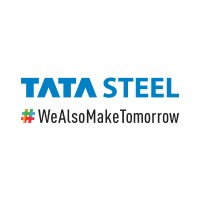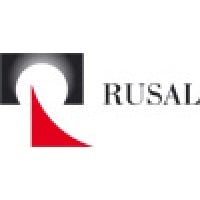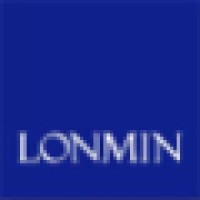Company Cyber Security Posture
NANA
NA Company Details
NA
NA
NA
NA
NA
NA
Scan still pending
NA
NA
Between 200 and 800
This score is AI-generated and less favored by cyber insurers, who prefer the TPRM score.
 NA Global Score
NA Global Score.png)

Company Scoring based on AI Models
| Model Name | Date | Description | Current Score Difference | Score |
|---|---|---|---|---|
| AVERAGE-Industry | 03-12-2025 | This score represents the average cybersecurity rating of companies already scanned within the same industry. It provides a benchmark to compare an individual company's security posture against its industry peers. | N/A | Between 200 and 800 |
Company Cyber Security News & History
| Entity | Type | Severity | Impact | Seen | Url ID | Details | View |
|---|
Company Subsidiaries

NA
Access Data Using Our API

Get company history
.png)
NA Cyber Security News
Getting a Job in Tech in Tampa in 2025: The Complete Guide
Explore tech job opportunities in Tampa, Florida for 2025. Discover key sectors, companies, and resources to kickstart your tech career.

NA Similar Companies

Tata Steel
Tata Steel group is among the top global steel companies with an annual crude steel capacity of 34 million tonnes per annum. It is one of the world's most geographically-diversified steel producers, with operations and commercial presence across the world. The group (excluding SEA operations) record

UC RUSAL
RUSAL is a leading global producer of low-carbon aluminium. More than 90% of the Company's aluminium is produced from renewable electricity, and by implementing innovative and energy-saving technologies RUSAL is able to reduce greenhouse gas emissions at all production stages. This has enabled RUSA

Central Coalfields Limited
Central Coal Fields Limited was established on 01/11/1975. It is a Miniratna company and is a subsidiary of Coal India Limited. CCL is headquartered at Darbhanga House, Ranchi, Jharkhand. It has Sixty-Five operative mines and Six washeries encompassing six districts of Jharkhand state. Central C

Glencore
Glencore is one of the world’s largest global diversified natural resource companies and a major producer and marketer of more than 60 commodities that advance everyday life. Through a network of assets, customers and suppliers that spans the globe, we produce, process, recycle, source, market and d

Norsk Hydro
Hydro is a leading industrial company that builds businesses and partnerships for a more sustainable future. We develop industries that matter to people and society. Since 1905, Hydro has turned natural resources into valuable products for people and businesses, creating a safe and secure workplace

Lonmin Plc
Lonmin is a primary producer of Platinum Group Metals (PGMs). These metals are essential for many industrial applications, especially catalytic converters for internal combustion engine emissions, as well as their widespread use in jewellery and investment. Saleable by-products produced from our PGM

Frequently Asked Questions
Explore insights on cybersecurity incidents, risk posture, and Rankiteo's assessments.
NA CyberSecurity History Information
How many cyber incidents has NA faced?
Total Incidents: According to Rankiteo, NA has faced 0 incidents in the past.
What types of cybersecurity incidents have occurred at NA?
Incident Types: The types of cybersecurity incidents that have occurred include .
Additional Questions
What Do We Measure?
















Every week, Rankiteo analyzes billions of signals to give organizations a sharper, faster view of emerging risks. With deeper, more actionable intelligence at their fingertips, security teams can outpace threat actors, respond instantly to Zero-Day attacks, and dramatically shrink their risk exposure window.
These are some of the factors we use to calculate the overall score:
Identify exposed access points, detect misconfigured SSL certificates, and uncover vulnerabilities across the network infrastructure.
Gain visibility into the software components used within an organization to detect vulnerabilities, manage risk, and ensure supply chain security.
Monitor and manage all IT assets and their configurations to ensure accurate, real-time visibility across the company's technology environment.
Leverage real-time insights on active threats, malware campaigns, and emerging vulnerabilities to proactively defend against evolving cyberattacks.




